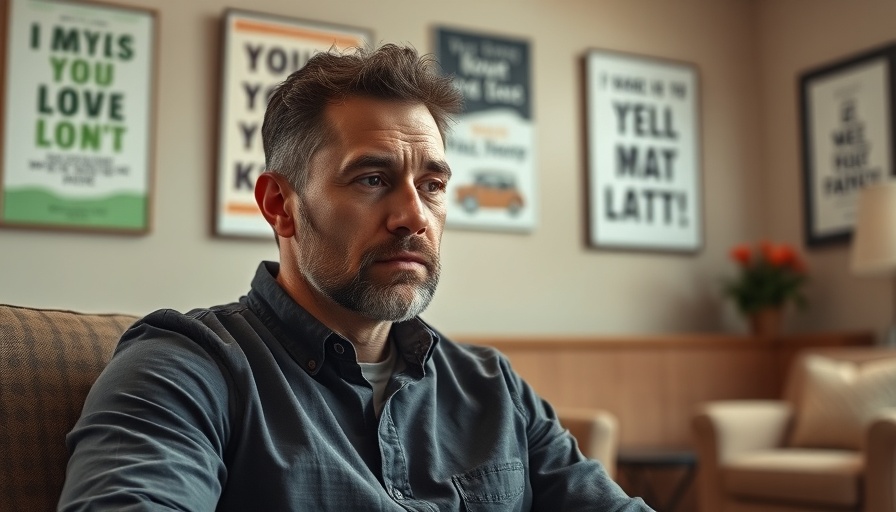
Understanding Substance Abuse Recovery: A Critical Discussion
Your child’s journey through adolescence can often be a turbulent ride fraught with challenges, one of which may involve substance abuse. Addressing this issue requires candid conversations and informed actions from parents. In light of recent plenary sessions discussing substance abuse recovery, it’s essential for parents to understand the multifaceted nature of addiction treatment and how they can support their loved ones.
The Impact of Addiction on Families
Addiction is not just a personal battle; it reverberates throughout families and communities. As revealed during discussions at the Commission on Narcotic Drugs, the importance of family involvement in recovery programs was emphasized. Families play a crucial role in the healing process, providing emotional support and stability for their loved ones facing substance use disorders (SUDs). By fostering an understanding of addiction’s nature, parents can better empathize with their children’s struggles, thereby cultivating a nurturing environment conducive to recovery.
Current Trends in Addiction Treatment
The landscape of addiction treatment is ever-evolving, where methods like inpatient rehab, outpatient treatment, detoxification, and behavioral therapy are regularly refined based on new research and evidence. Sessions at the conference discussed how these advancements, including medication-assisted treatment and holistic approaches, reflect a growing recognition of addiction as a complicated issue that requires a tailored approach.
The integration of cognitive-behavioral therapy (CBT) and family therapy for addiction highlights innovative strategies emerging in treatment programs across the globe. With the critical role that these therapies play in aligning treatment objectives with the needs of individuals, parents must familiarize themselves with these options to make informed decisions about their children’s care.
How Parents Can Make a Difference
Engaging in addiction recovery conversations can feel daunting for parents, but it is necessary. Open dialogue facilitated in safe environments can help break down misconceptions about substance abuse. This includes discussing the science underlying addiction, which can eliminate stigma and encourage teens to reach out for help. Participation in parent-focused support groups or educational workshops can be invaluable in empowering families to confront these challenges together.
The Role of Professional Support
Addiction counseling and recovery programs are vital resources available to families navigating these turbulent waters. Many organizations offer information on local addiction treatment centers and resources, which can be crucial for parents seeking help for their children. Connecting with addiction support groups, such as Alcoholics Anonymous (AA) or Narcotics Anonymous (NA), can provide families with the tools they need to support their loved ones.
Recognizing Relapse: Strategies for Prevention
Understanding that relapse can be a part of the recovery process is critical for both parents and their children. During discussion panels, it was noted that relapse prevention programs are essential components of recovery. Parents can educate themselves on recognizing signs of potential relapse and develop strategies in collaboration with their children to address these challenges proactively. This might include establishing healthy coping mechanisms, regular participation in individual or group therapy sessions, and maintaining a supportive, non-judgmental atmosphere at home.
Moving Towards a Future of Recovery
Looking ahead, the need for comprehensive, family-inclusive approaches to addiction recovery is increasingly apparent. As parents, your role in this journey is invaluable; by educating yourselves, advocating for your children, and engaging with community resources, you can significantly impact their recovery journey. Remember, the path to recovery is not linear, and your understanding and compassion can provide the crucial support system that fosters healing.
To better support those dealing with SUDs and combat stigma, consider reaching out to local recovery programs and educational workshops designed for families affected by addiction. Together, through awareness, education, and connection, we can help ensure that no one faces the challenges of addiction alone.
 Add Row
Add Row  Add
Add 




Write A Comment